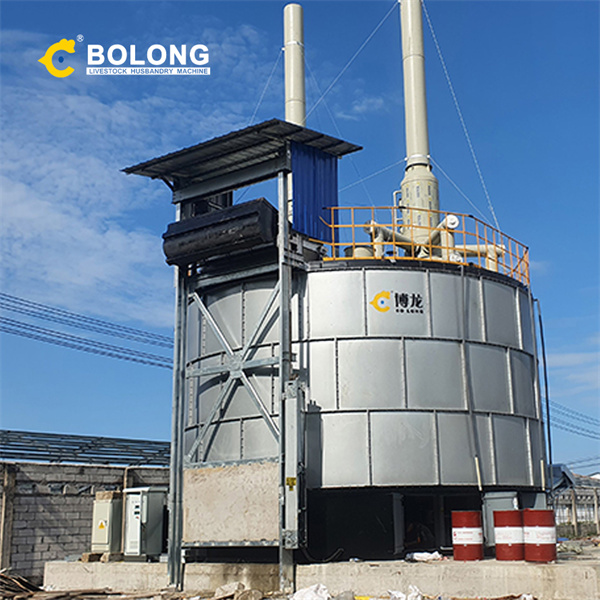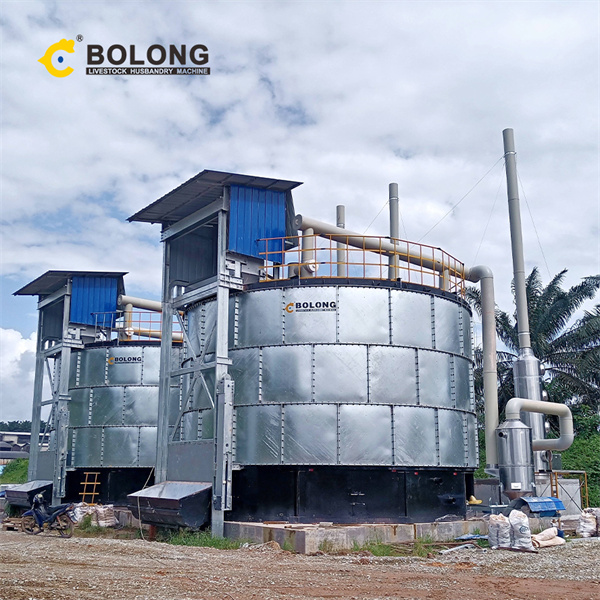Adopting fermentation tanks in agriculture offers significant economic benefits. These tanks convert organic waste into compost, reducing costs and enhancing farm sustainability.

Fermentation tanks reduce waste disposal costs by converting organic waste into compost. This minimizes landfill use and lowers waste management expenses, saving farmers money.
Fermentation tanks process organic waste through aerobic decomposition, producing high-quality compost. This compost enhances soil health, reducing the need for chemical fertilizers and lowering input costs.
Using fermentation tanks increases farm profitability by reducing waste management costs, enhancing soil fertility, and boosting crop yields. This supports sustainable farming and improves farm sustainability.

Fermentation tanks offer substantial economic benefits to agriculture. By converting waste into compost, they reduce costs, enhance soil health, and boost farm productivity, supporting sustainable agricultural practices.